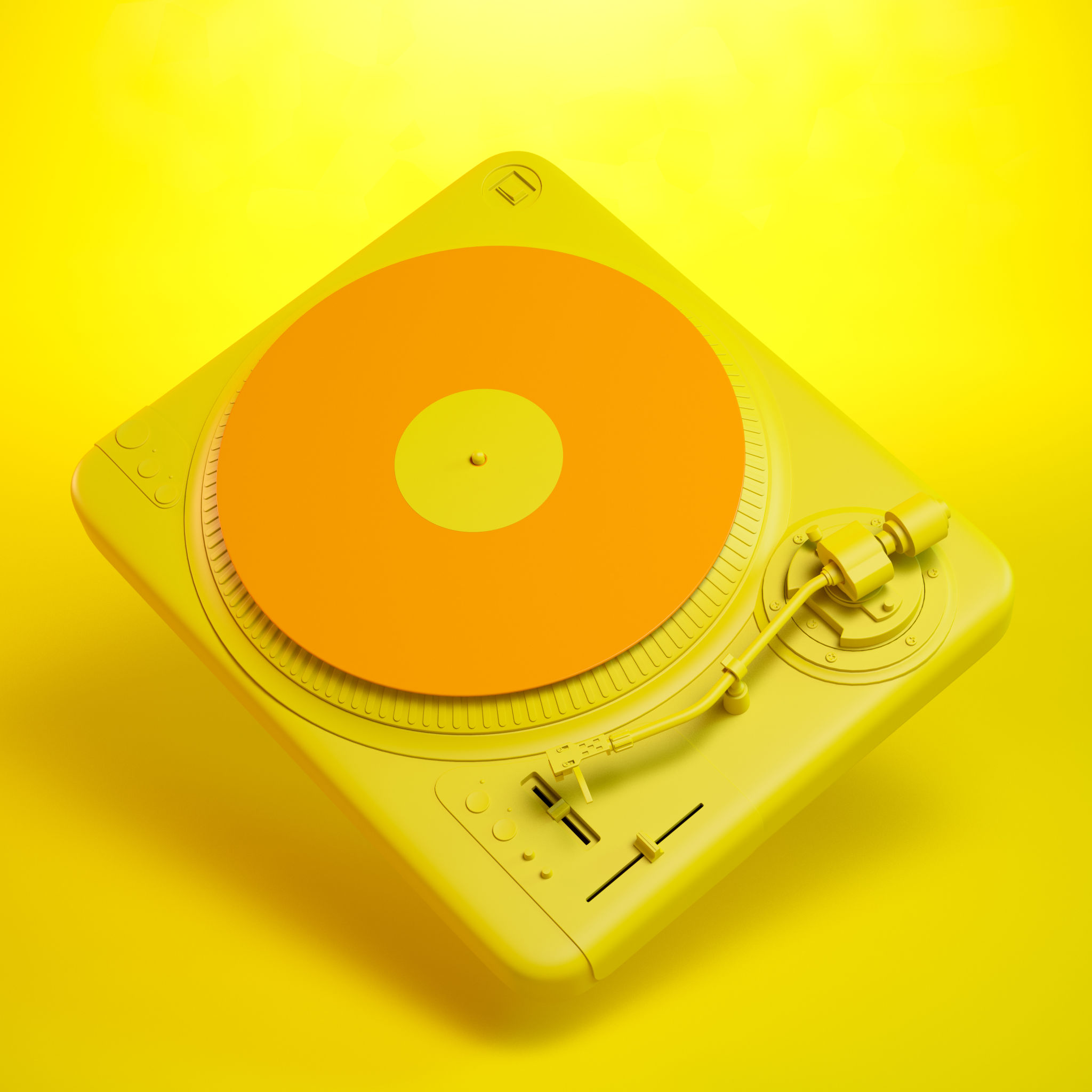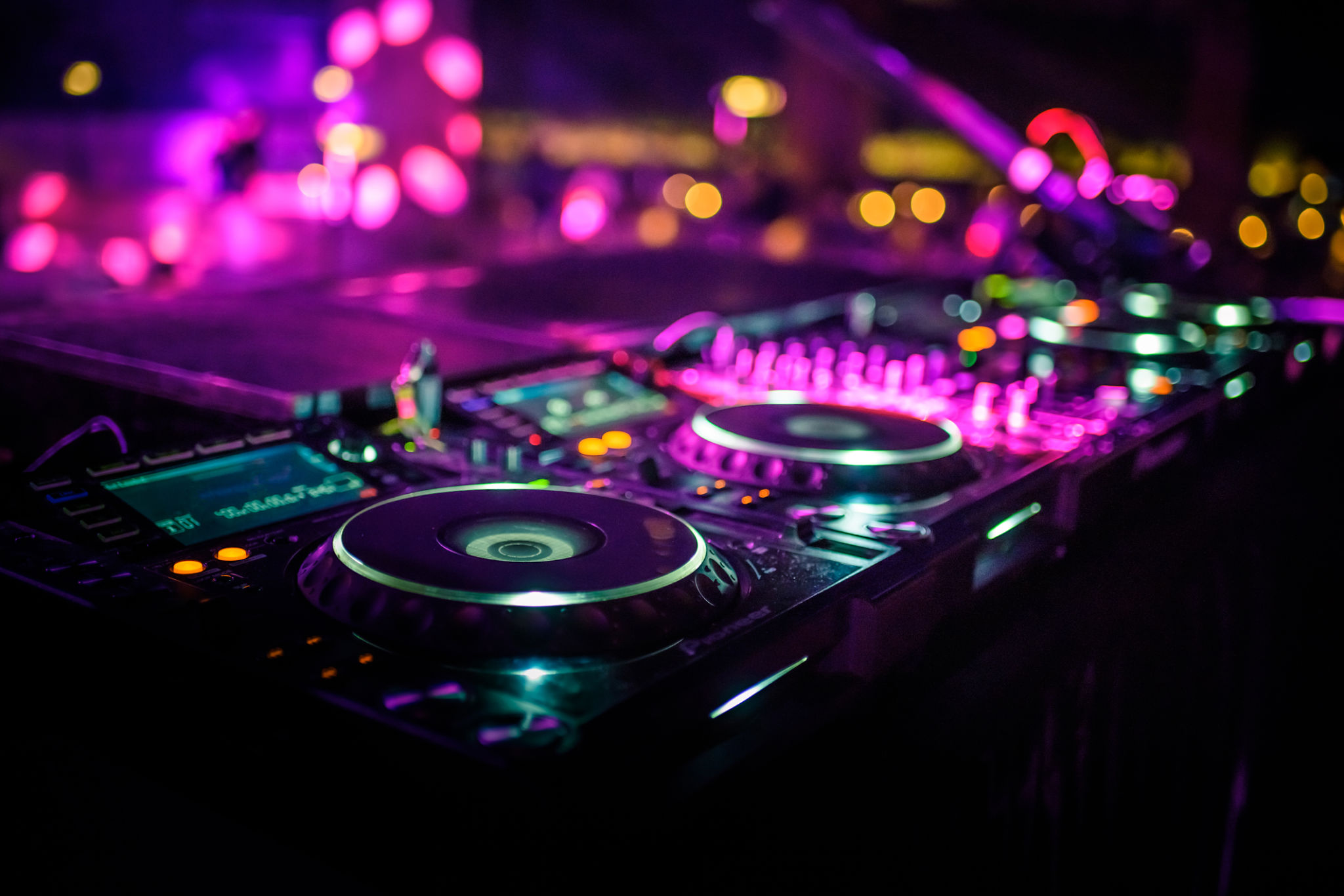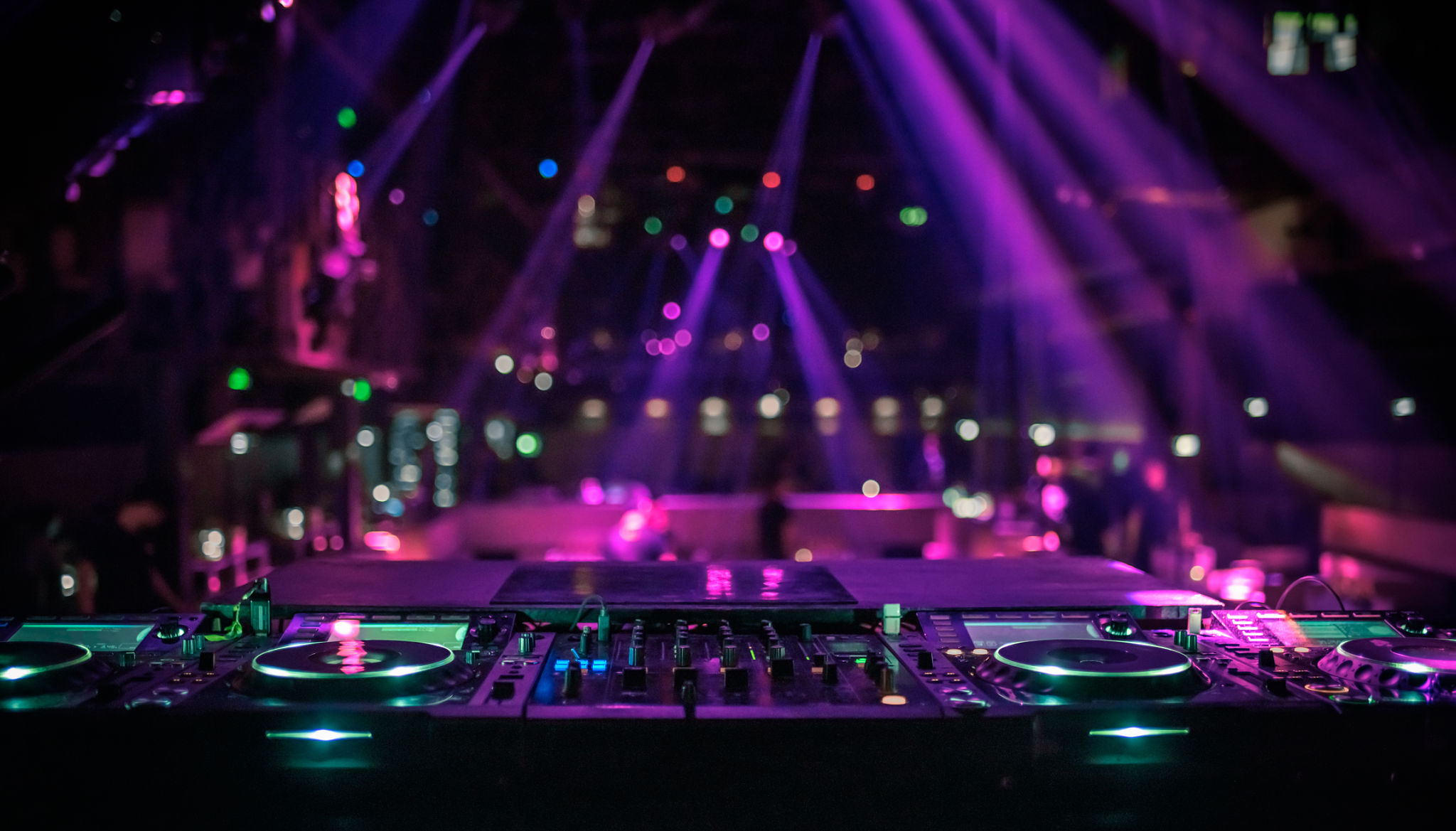The Evolution of DJ Technology: What’s Trending Now
The Rise of Digital Turntables
The landscape of DJ technology has seen a remarkable transformation over the past few decades. One of the most significant advancements is the shift from traditional vinyl turntables to digital turntables. This change has allowed DJs to access a vast library of music at their fingertips, eliminating the need for bulky vinyl collections. Digital turntables offer features such as pitch control, looping, and effects that were previously unavailable with analog equipment.
As technology continues to advance, digital turntables have become increasingly sophisticated, incorporating functionalities like digital signal processing and USB connectivity. These features provide DJs with unprecedented control over their mixes, enabling them to create unique soundscapes and performances.

Software Revolution: DJ Apps and Platforms
Alongside hardware advancements, DJ software has revolutionized the industry by offering powerful tools for music production and live performance. Applications such as Serato, Traktor, and Ableton Live have become staples in the DJ community. These platforms allow for seamless integration with digital turntables and controllers, providing a comprehensive suite of mixing and editing tools.
One of the most intriguing developments in DJ software is the incorporation of AI and machine learning. These technologies are being used to analyze music trends, suggest tracks, and even automate parts of the DJing process. This evolution is reshaping how DJs approach their craft, offering new possibilities for creativity and efficiency.

Portable DJ Controllers: Convenience Meets Performance
In recent years, there has been a growing trend towards portable DJ controllers. These compact devices offer a combination of functionality and convenience, making them ideal for DJs on the go. Portable controllers often feature built-in sound cards, multiple inputs and outputs, and compatibility with popular DJ software.
With advancements in wireless technology, some portable controllers now offer Bluetooth connectivity, allowing DJs to perform without the constraints of cables. This freedom enables more dynamic performances and setups, catering to both professional DJs and hobbyists looking for flexibility.

The Impact of Streaming Services
Streaming services have also played a pivotal role in shaping modern DJ technology. Platforms like Spotify, Tidal, and SoundCloud offer integration with DJ software, providing access to millions of tracks without the need for physical media. This trend has democratized music access, allowing DJs to experiment with diverse genres and discover new artists easily.
However, the integration of streaming services also presents challenges, such as dependency on internet connectivity and potential licensing issues. Despite these challenges, streaming remains a popular choice for many DJs due to its convenience and expansive music library.
Future Trends in DJ Technology
Looking ahead, several trends are poised to influence the future of DJ technology. One such trend is the rise of virtual reality (VR) and augmented reality (AR) in live performances. These technologies offer immersive experiences that blur the lines between physical and digital realms, allowing audiences to engage with music in innovative ways.
Another emerging trend is the development of eco-friendly DJ equipment. With increasing awareness of environmental issues, manufacturers are exploring sustainable materials and energy-efficient technologies to reduce their carbon footprint. This shift reflects a broader movement towards sustainability within the music industry.

The Role of Social Media in DJ Culture
Social media platforms have become integral to the evolution of DJ technology and culture. DJs utilize platforms like Instagram, YouTube, and TikTok to showcase their skills, share mixes, and connect with fans worldwide. These platforms also provide opportunities for collaboration and networking within the DJ community.
Live streaming has emerged as a popular way for DJs to reach audiences during events or from home studios. This trend gained momentum during the global pandemic when traditional live performances were limited. As a result, many DJs have embraced live streaming as a permanent addition to their repertoire.
Conclusion: Embracing Change in DJ Technology
The evolution of DJ technology continues to shape the music industry, offering exciting opportunities for innovation and creativity. By embracing these changes, DJs can enhance their performances and reach new audiences. Whether through advanced hardware, innovative software, or new performance mediums, the future of DJing promises to be dynamic and full of potential.